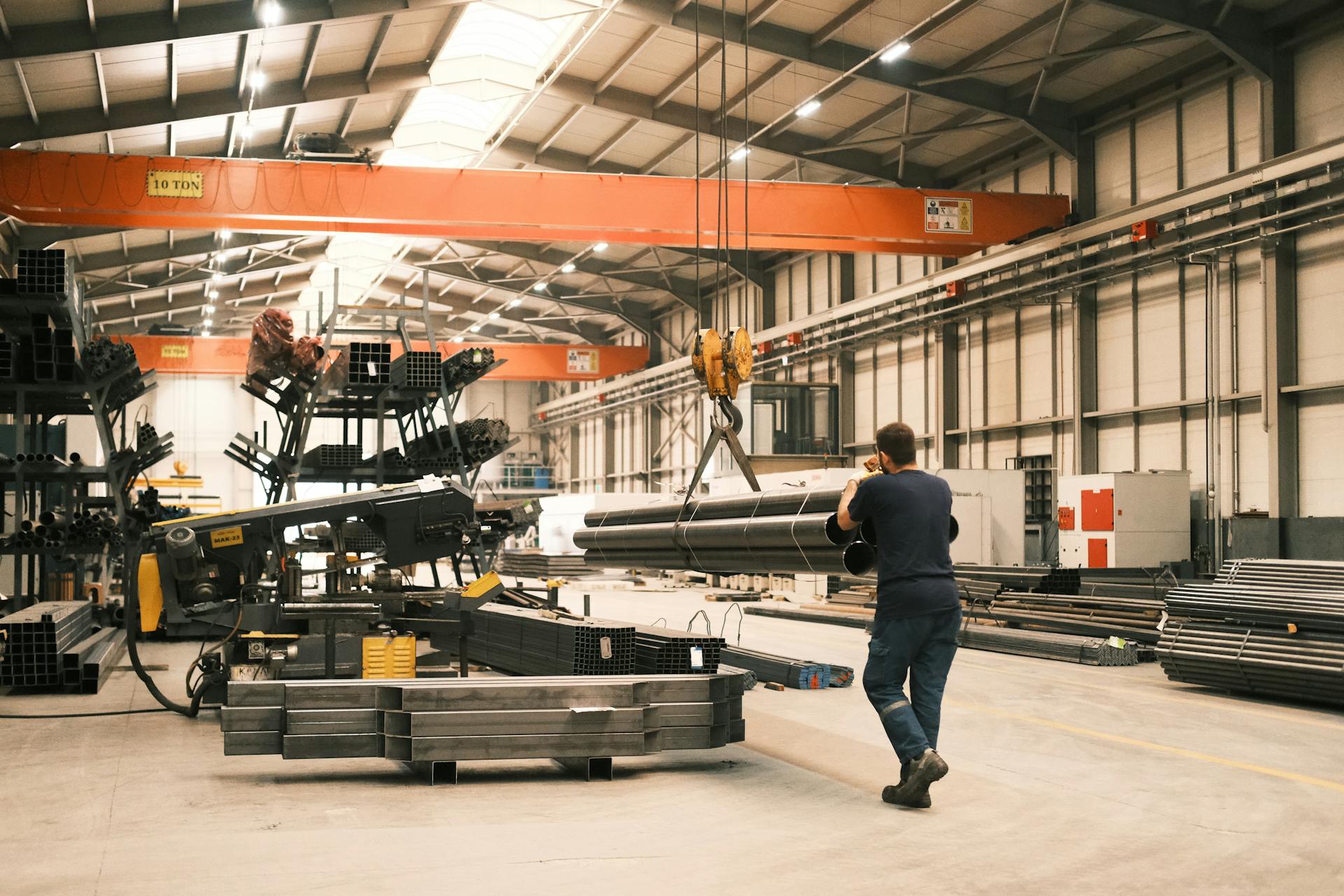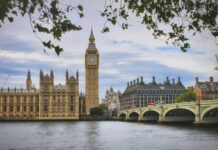The UK Government has unveiled a new Steel Council, aiming to secure the future of the steel sector while aligning with the nation’s net-zero climate commitments. Announced by the Department for Business and Trade, the council will bring together key representatives from businesses, trade unions, industry bodies, and devolved UK governments.
Co-chaired by Business Secretary Jonathan Reynolds and industry expert Jon Bolton, the council includes members from major companies such as British Steel and Tata Steel. Political representatives include Kate Forbes (Scotland), Rebecca Evans (Wales), and Conor Murphy (Northern Ireland).
What are the main priorities of the Steel Council?
The council’s first priority is to develop a Steel Strategy, to be released later this year. The strategy will focus on ensuring the sector’s long-term sustainability amid global production challenges and the low-carbon transition. This is particularly pressing as Tata Steel prepares to replace blast furnaces with an electric arc furnace at its Port Talbot site, a move expected to result in up to 2,800 job losses.
Business Secretary Jonathan Reynolds emphasised the government’s commitment to revitalising the steel industry, stating: “This government will take the action needed to place steel on a secure footing for the long term.”
Labour’s National Wealth Fund has pledged £2.5bn to decarbonise the industry, supporting innovations like hydrogen and carbon capture. Jen Carson, head of heavy industry at the Climate Group, welcomed the council’s launch, describing it as “a hugely encouraging step” for decarbonisation.
“The industry and steel communities have had enough of lurching from crisis to crisis – this government will take the action needed to place steel on a secure footing for the long term,” said Reynolds.
If the content in this or any of our articles has interested you, please get in touch for a no-obligation chat with our industry-leading experts at Sustainable Energy First.













